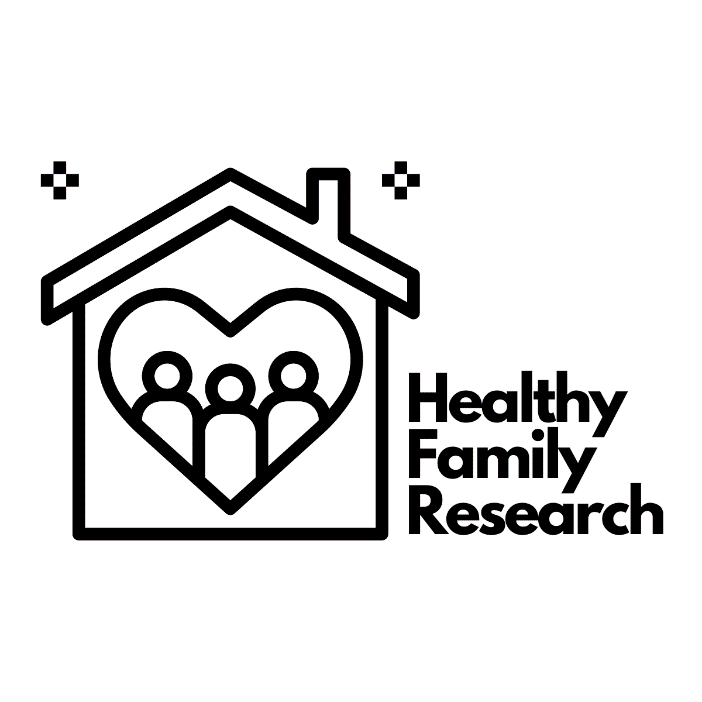Parenting and Prevention

We are identifying key aspects of parenting and the parent-child relationship that may help prevent substance use, delinquency, anxiety, and depression during adolescence and young adulthood. Our work informs the development of interventions to strengthen family relationships and promote adolescent well-being.
Prevention is an important avenue to reduce health disparities. Minoritized and underserved youth have a higher incidence of mental and behavioral health challenges due to stress from discrimination, oppression, poverty, and systematic barriers to services. Our work identifies strengths in diverse families reflecting racial, ethnic, economic, sexual identity, and geographic diversity.
Below we highlight current and past research studies on parenting and prevention.
Research Studies
Current Studies

The Emerging Adult Study
Young Adult Stress and Support
We are currently analyzing data from two recent studies on parenting during the transition to adulthood and emerging adult (ages 18-25) mental health and risky behavior. Emerging adults report high amounts of stress, which can increase the risk for mental and behavioral health problems. Yet they often lack life experience and coping skills, which can leave them insufficiently equipped to manage their emotional and behavioral responses to these stressors. We have identified specific parenting strategies to help emerging adults manage stress that are associated with reduced risk for emerging adult depression, anxiety, and risky behavior. We are currently examining how specific types of stressors are linked to emerging adult well-being and how parenting may buffer emerging adults from the effects of various types of stress on their mental health. These studies were a collaboration between UNC-Chapel Hill, (PI: Lippold), UNC-Greensboro (Jensen), and community partners at a local community college (Guilford Tech).

Parenting of LGBTQ+ Adolescents
We are currently conducting a small pilot study on parenting and LGBTQ+ mental health. We recently published a systematic review and meta-analysis of the literature on parenting and LGBTQ+ youth mental health and substance use. LGBTQ+ youth experience high stress from discrimination and are at increased risk for mental health and substance use challenges. Although several studies document the important role of parental acceptance on LGBTQ+ youth mental health, only a few studies have examined other aspects of parenting and most of these studies focus on parenting effects on LGBTQ+ youth sexual behaviors, rather than mental health. This systematic review and pilot study are informing the development of a new conceptual model of affirmative parenting of LGBTQ+ youth and new measures, which will inform future studies and interventions.
Select Prior Studies

Parenting Lability and Adolescent Mental and Behavioral Health
This study investigated (1) how fluctuations in parenting and parent-child relationships during middle school, which we termed parenting “lability”, related to youth substance use, risky behavior, and mental health and (2) parent characteristics that predicted more lability in parenting. We found that even when controlling for levels and developmental trends in parenting, youth who experience high lability in parenting (both from year-to-year and day-to-day) were at elevated risk for substance use, delinquency, and internalizing problems. These results have been replicated by other researchers on other datasets and samples, suggesting lability is an important and understudied risk factor that may be beneficial to target in interventions.

Parenting and Early Adolescent Substance use and Risky Behavior
We have a series of studies that examined parenting during early adolescence and youth substance use and delinquency. Early adolescence is a critical period in adolescent development, in that early initiation of substance use and delinquency can have long-term negative consequences. Our work has identified patterns of parent-child communication, parental monitoring of youth activities, and interaction patterns that are associated with reduced risk for substance use and delinquency.
Select Publications
- *Yang, P., Schlomer, G., & Lippold, M. (2023). Mothering vs fathering? Positive parenting vs. negative parenting? Their relative importance in predicting youth aggression: A longitudinal comparison. Developmental Psychology, 59, 69-83.
- Lippold, M.A., Hall, W., *Williams, D.Y., *Jenkins, M., *Dawes, H., & Mills-Koonce, R. (in press) Parenting and queer youth mental health and substance use: A systematic review and meta-analysis. Adolescent Research Review.
- Lippold, M. A., Hussong, A, Fosco, G. & Ram, N. (2021) Youth internalizing problems and changes in parent–child relationships across early adolescence: Lability and developmental trends. Journal of Early Adolescence, 41, 472-497.
- Glatz, T., Lippold, M. A., Fosco, G. M., *Jensen, T. & Feinberg, M. E. (2020). Hostile interactions in the family: What are the patterns and how are they linked to youth externalizing problems? Journal of Early Adolescence, 40, 56-82.
- Lippold, M. A., Hussong, A., Fosco, G., & Ram, N. (2018). Lability in the parent’s hostility and warmth towards their adolescent: Linkages to youth delinquency and substance use. Developmental Psychology, 54, 348-361.
- Lippold, M. A. & *Jensen, T. (2017). Harnessing the strength of families to prevent social problems and promote adolescent well-being. Children and Youth Services Review, 79, 432-441.
- Lippold, M. A., Greenberg, M. T., & Collins, L. M. (2014). Youths’ substance use and changes in parental knowledge-related behaviors during middle school: A person-oriented approach. The Journal of Youth and Adolescence, 43, 729-744.
*indicates student or postdoctoral fellow co-author
For more publications visit
Google Scholar
Research Gate
PubMed
Contact us
Melissa Lippold, Ph.D.
Healthy Family Research
School of Social Work
University of North Carolina at Chapel Hill
CB #3550
Chapel Hill, North Carolina 27599
© Copyright 2022 Melissa Lippold


